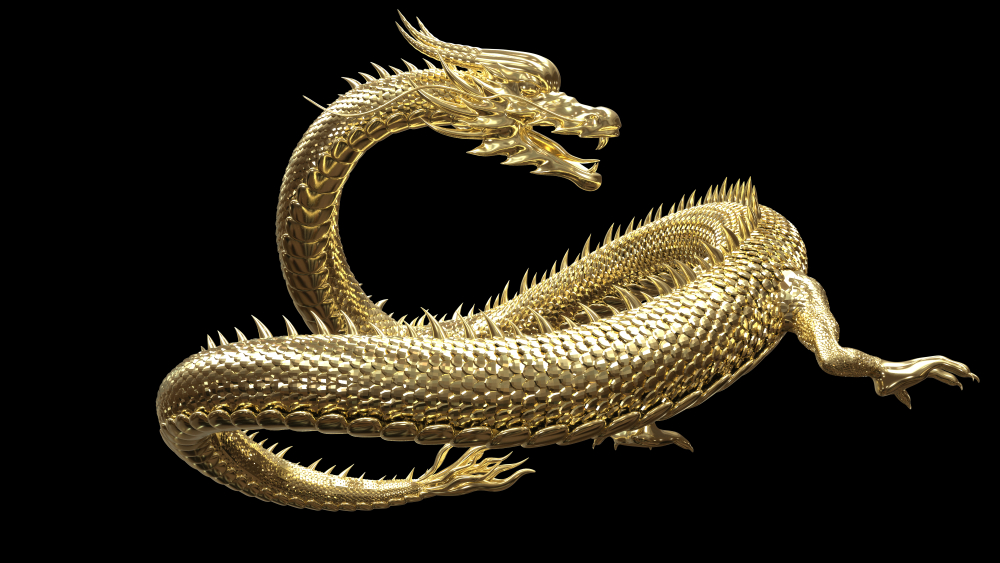Thought Leadership | 29 January 2020
The recent announcement that Huawei will take a “limited” role in the UK’s 5G network has highlighted the growing tensions between different trading blocs, while the temporary truce between Macron and Trump on digital tax, which Trump argues disproportionally affects US firms such as Google and Facebook, gives rise to the chance of renewed conflict in the near future. Tensions between Europe and the US have been increasing since Trump took office, and they don’t appear to be moderating any time soon…
If America can continue to grow, and the population can continue to spend and find work, Trump stands a good chance of securing re-election. Many US citizens approve of Trump’s policies and buy into his dream to “Make America Great Again”. If we ultimately see another Trump term, he may be minded to double-down on the China trade war and widen his sights geographically, with the EU an attractive target for tariffs; especially EU automotives.
There is already an ongoing dispute between the two regions regarding Boeing and Airbus. The WTO ruled that the US government had failed to end illegal support of Boeing, and that the EU continued to subsidise Airbus, with both Brussels and Washington threatening tariffs on each other’s goods as a result. The EU have expressed they do not want a “tit-for-tat” trade row, but they do demand that European companies be able to compete on fair and equal terms. Trump has in the past called the EU worse than China on matters including trade, suggesting he feels justified in escalating this further. President Trump has also been vocal about the ECB’s use of negative interest rates and extensive QE, arguing that this offers Europe an unfair advantage by causing the Euro to depreciate which benefits European exporters.
In the near term it is unlikely the conflict escalates, especially given the continued US-Iran tensions and presidential election uncertainty, but if Trump secures a second term anything could happen and asset allocators will have to assess the likely outcomes with regards to overall trade volumes and the prospects for earnings growth. Europe is the home of automotive manufactures such BMW, Volkswagen and Daimler, and hence European equities would have to overcome a significant headwind; namely, margin compression. While brand names such as Ferrari may be able to pass on these costs to the end consumer given the more “Veblen good” like nature of the product, other companies may struggle to grow their earnings, perhaps warranting a more active approach to this region.
Daniel Gorringe, Investment Analyst













































Comments